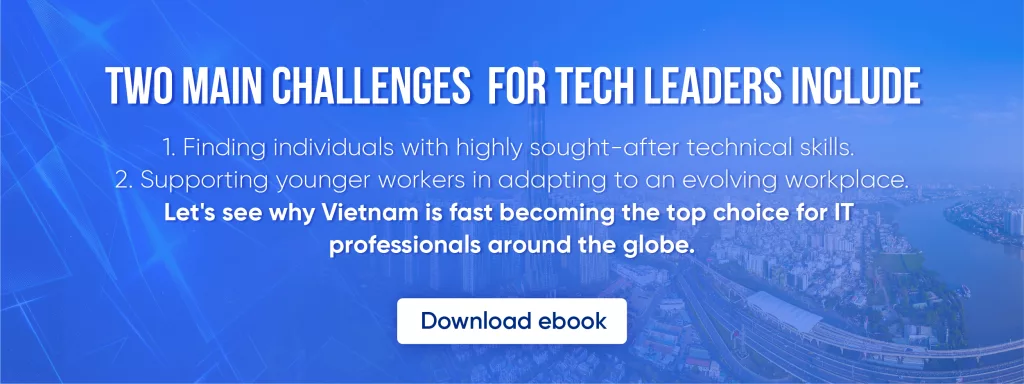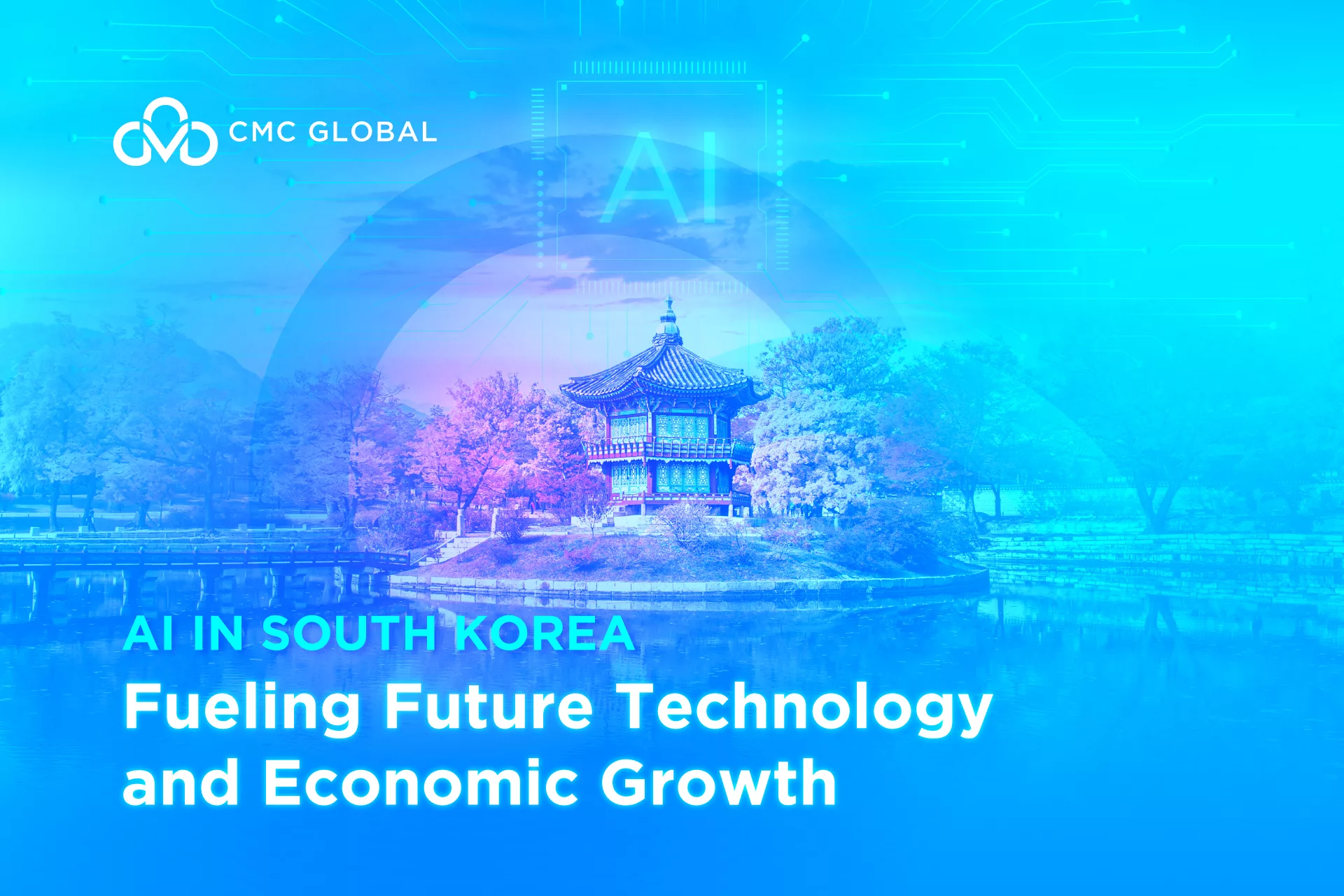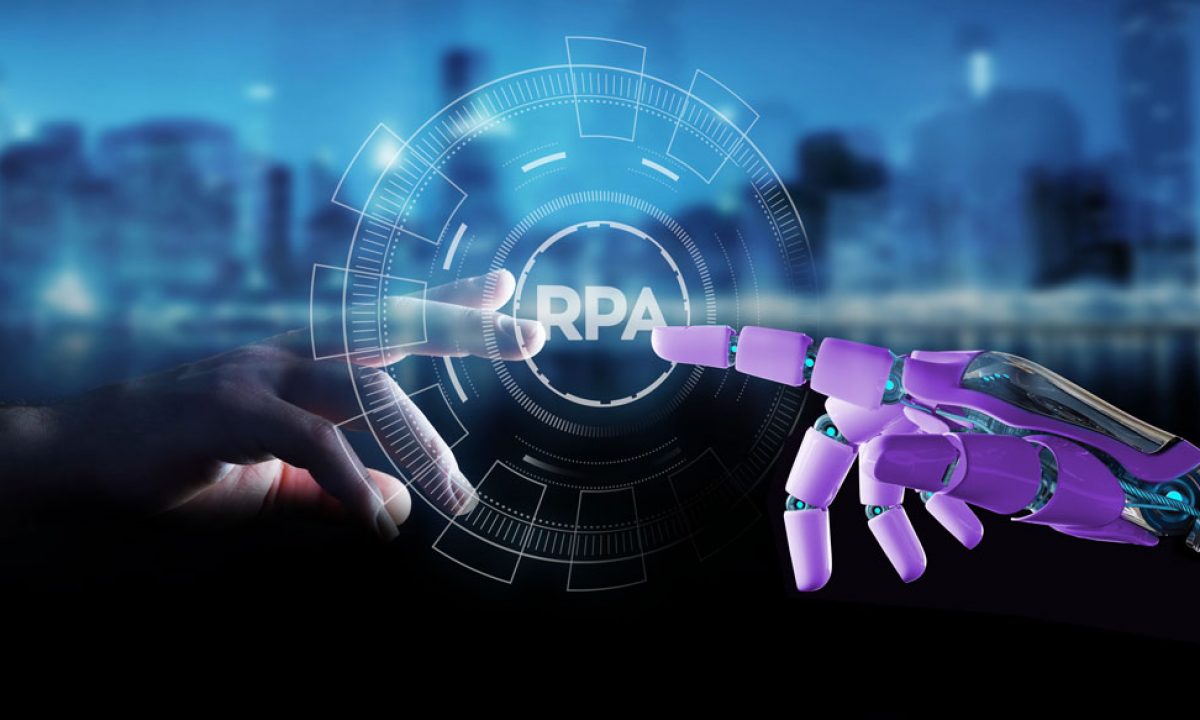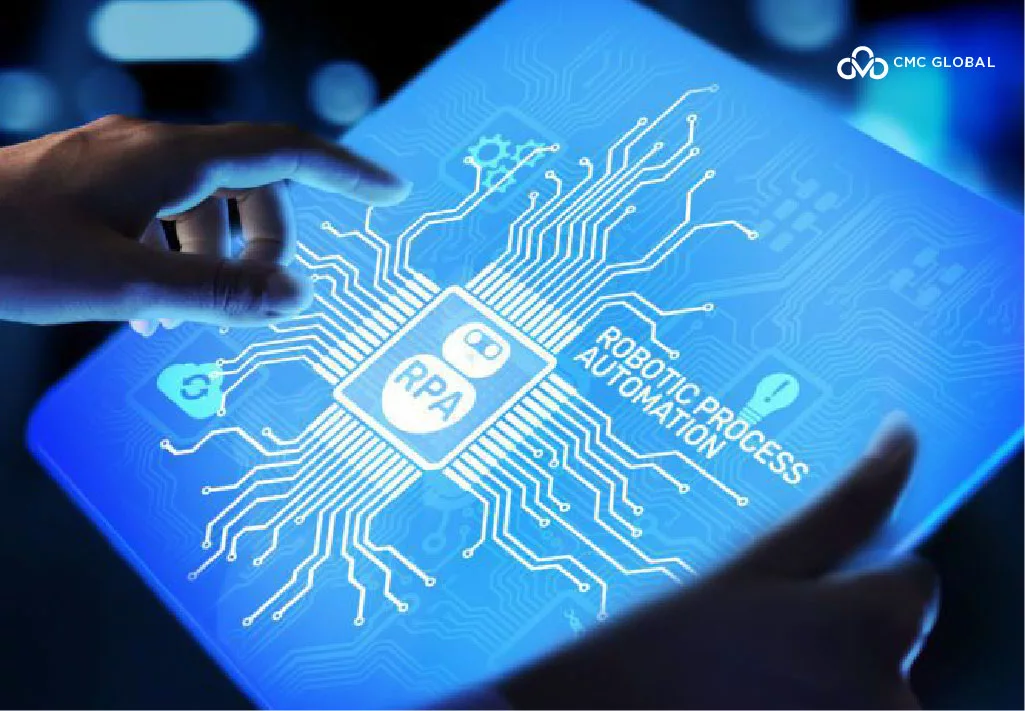From cutting-edge advancements in artificial intelligence to innovative developments in blockchain technology, Korea continues to be a powerhouse of innovation and creativity in the global tech landscape. Join us as we look into the latest trends shaping the Korean tech industry, uncovering insights and highlighting the transformative impact of technological innovation in various industries.
The Cloud Revolution
Top cloud trends in 2024

1. Multi-cloud adoption
One notable trend in cloud computing is the widespread adoption of multi-cloud environments. Organizations are increasingly choosing to use multiple cloud service providers to cater to their distinct requirements. This strategy presents numerous advantages, such as enhanced flexibility, reduced reliance on a single vendor, and improved resource allocation efficiency.
With businesses increasingly emphasizing adaptability and expansiveness, the need for multi-cloud solutions is expected to grow, facilitating smoother integration and administration across several cloud platforms.
2. Edge computing advancements
Edge computing is another trend that is expected to become increasingly prominent in the future. This strategy includes handling data close to its source rather than transmitting it to a central data center or cloud server.
By adopting edge computing, latency is minimized, network efficiency is enhanced, and data privacy is protected. Given the surge in Internet of Things (IoT) devices and the growing necessity for immediate data processing, edge computing will be criticial in facilitating the development of intelligent and self-sufficient systems.
3. Serverless computing
Serverless computing, alternatively referred to as Function-as-a-Service (FaaS), represents a cloud computing framework enabling developers to run code without the necessity of provisioning or handling servers. This method streamlines application development, diminishes operational expenditures, and enhances scalability.
With the rising adoption of microservices architectures and DevOps methodologies among businesses, serverless computing is expected to gain traction, facilitating swifter and more effective software deployment.
Read more: 8 Cloud Computing Trends That CIOs Should Prepare For In 2024
Applications of cloud technology in Korean industries

1. Manufacturing sector transformation
Cloud technology is revolutionizing the manufacturing sector in Korea by enabling digital transformation and operational efficiency. Manufacturers can leverage cloud-based solutions for real-time monitoring of production processes, inventory management, and supply chain optimization.
Cloud-based analytics tools provide valuable insights into production performance, allowing manufacturers to make data-driven decisions and improve overall productivity. Additionally, cloud-based collaboration platforms facilitate seamless communication and collaboration among different departments and stakeholders, leading to streamlined operations and faster decision-making.
2. Retail industry optimization
Cloud technology offers numerous benefits to the retail industry in Korea, enhancing customer experiences and optimizing business operations. Retailers can use cloud-based e-commerce platforms to offer personalized shopping experiences, analyze customer data, and target promotions more effectively.
Cloud-based inventory management systems enable retailers to efficiently track inventory levels, reduce stockouts, and optimize replenishment processes. Moreover, cloud-based point-of-sale (POS) systems enable retailers to manage transactions securely, streamline checkout processes, and gain valuable real-time insights into sales trends. Overall, cloud technology empowers retailers in Korea to adapt to changing consumer preferences, improve operational efficiency, and drive business growth.
3. Healthcare sector enhancements
Cloud technology is vital in transforming Korea’s healthcare sector, facilitating improved patient care, operational efficiency, and data security. Healthcare providers can leverage cloud-based electronic health record (EHR) systems to securely store and access patient data from anywhere, enabling better coordination of care and reducing administrative burdens.
Cloud-based telemedicine platforms enable healthcare professionals to conduct remote consultations, monitor patients’ health remotely, and provide timely interventions, especially in rural or underserved areas.
Furthermore, cloud-based healthcare analytics solutions empower healthcare organizations to analyze large volumes of data, identify trends, and make informed decisions to improve patient outcomes and optimize resource allocation. Overall, cloud technology is driving innovation in the healthcare sector in Korea, leading to better patient outcomes, cost savings, and improved operational efficiency.
Read more: Stagnate Or Innovate: A Deep Dive Into Asia Technology Outlook & Strategic Imperatives
The Rise of Artificial Intelligence
Key AI Trends Shaping 2024
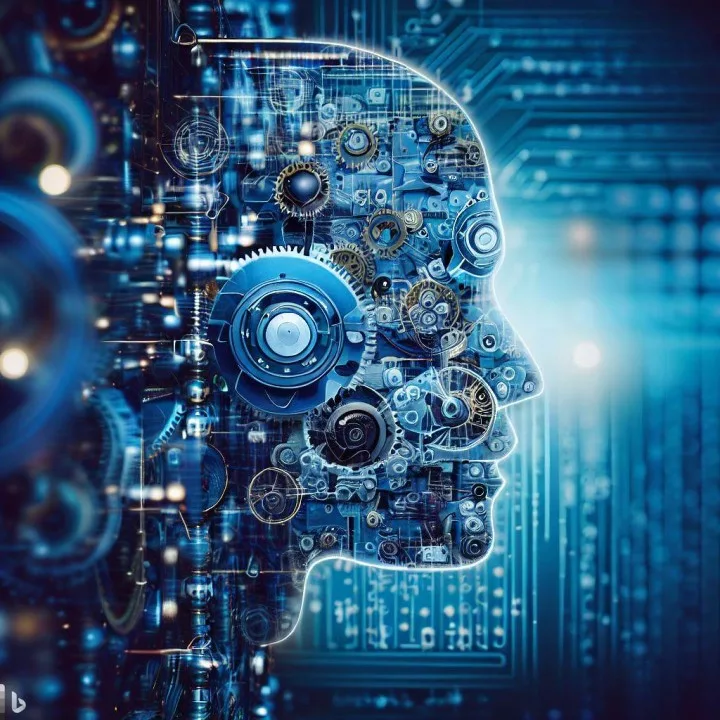
1. AI-driven automation
Robotic Process Automation (RPA) streamlines repetitive tasks, while hyper automation expands upon this by integrating RPA with AI, Machine Learning (ML), and other technologies to automate intricate processes and decision-making. Benefits include:
- Increased efficiency: Automating tasks beyond simple actions to include data analysis, decision support, and even customer interactions.
- Enhanced accuracy: AI-driven tools mitigate human error, ensuring optimal results across diverse processes.
- Scalability and adaptability: Quickly adjust to evolving business requirements and efficiently manage substantial volumes of data.
2. AI in customer experience
Over the past decade, the rise of voice-activated devices such as Amazon Echo, Google Home, and Apple Siri has led consumers to feel more at ease engaging with companies and service providers through voice channels.
Concurrently, AI-driven chatbots and virtual assistants have evolved with advanced data models, expanding their capabilities beyond addressing customer queries and concerns. Given their ability to offer prompt responses, chatbots significantly diminish customer wait times.
3. Ethical AI considerations
Concerns about AI bias, privacy infringements, and security breaches are rising. Adhering to responsible AI principles fosters ethical advancement and application, thus alleviating probable hazards. Key aspects include:
- Equity: Reducing biases within AI frameworks to prevent the reinforcement of societal disparities in race, gender, or similar criteria.
- Confidentiality: Safeguarding user information via security protocols and guaranteeing data gathering and utilization openness.
- Protection: Building resilient defenses against cyber threats and nefarious AI utilization to uphold both public welfare and personal confidentiality.
Read more: 4 Ways Generative AI is Redefining Banking Services
Integration of AI in Korean industries
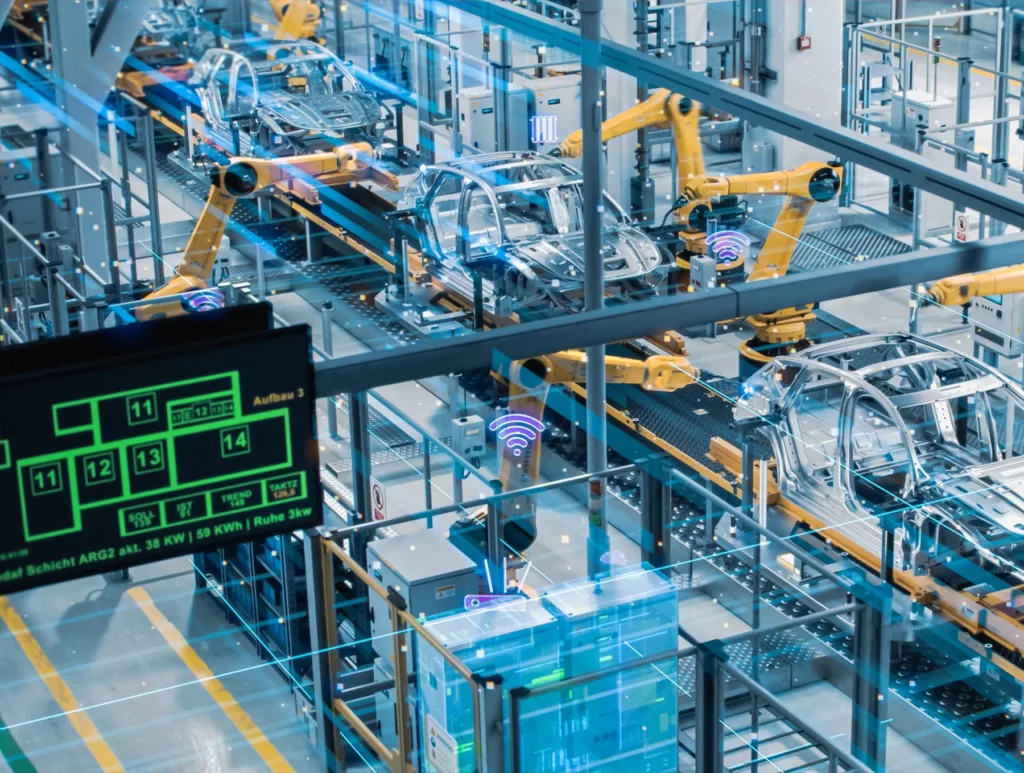
In South Korea, integrating artificial intelligence (AI) across various industries transforms traditional practices and enhances efficiency.
1. Manufacturing: AI-powered predictive maintenance
AI has revolutionized traditional maintenance practices in the manufacturing sector by introducing predictive maintenance. Korean industries have adopted AI algorithms to analyze vast amounts of data collected from sensors embedded in machinery and equipment. These algorithms can predict equipment failures before they occur by identifying patterns and anomalies in the data, allowing for timely maintenance interventions.
By implementing AI-powered predictive maintenance, Korean manufacturers can minimize downtime, reduce maintenance costs, and optimize the lifespan of their machinery. This proactive approach to maintenance ensures uninterrupted production processes and enhances overall productivity
2. Retail: Personalized shopping experiences
In the retail sector, AI has empowered Korean businesses to offer personalized shopping experiences to their customers. Through advanced data analytics and machine learning algorithms, retailers can analyze customer preferences, purchase history, and browsing behavior to tailor product recommendations and promotions.
AI-powered recommendation systems use collaborative filtering and natural language processing techniques to understand individual customer preferences and deliver personalized suggestions in real-time. Korean retailers leverage these capabilities across various channels, including e-commerce platforms, mobile applications, and brick-and-mortar stores, to enhance customer engagement, increase sales, and foster brand loyalty.
3. Finance: AI-driven fraud detection and risk management
In finance, AI has become indispensable in combating fraudulent activities and managing risks effectively. Korean financial institutions employ AI-driven fraud detection systems capable of analyzing vast volumes of transactional data in real-time to identify suspicious patterns and anomalies indicative of fraudulent behavior. Machine learning algorithms continuously learn from historical data to enhance their accuracy in detecting fraudulent transactions while minimizing false positives.
Additionally, AI-powered risk management systems enable financial institutions to assess creditworthiness, evaluate investment risks, and optimize portfolio management strategies. By leveraging AI technologies, Korean financial institutions can strengthen security measures, improve regulatory compliance, and safeguard the interests of their clients and stakeholders.
Safeguarding the Digital Realm: Cybersecurity Trends
Emerging Cybersecurity Trends for 2024

1. Zero-trust security models
In today’s fast-changing digital landscape, the traditional security strategy predicated on perimeter-based defenses is insufficient. Zero Trust Architecture (ZTA) has evolved as a leading security paradigm that promotes the principle of “never trust, always verify.” ZTA is based on the assumption that security risks can originate from both external and internal sources, needing continuous authentication and validation for users and devices regardless of where they are located.
2. AI-powered cybersecurity defenses
By 2024, integrating artificial intelligence (AI) and machine learning (ML) into cybersecurity systems will become more common. These developments enable systems to swiftly scan large datasets, discover trends, and detect abnormalities indicating potential cyber dangers. AI and ML-powered cybersecurity systems improve threat detection accuracy, reduce false alarms, and improve total reaction time.
3. Multi-factor Authentication (MFA)
Multi-factor authentication (MFA) is becoming the standard for securing accounts and data protection. It increases security by requiring users to provide various kinds of verification. By 2024, MFA will be a required security mechanism for both businesses and people. Its use will increase as firms prioritize the security of secret information.
Implications of cybersecurity trends in Korean industries

1. Manufacturing: Protecting sensitive intellectual property
With the rise of cyber threats targeting intellectual property, South Korean manufacturing industries face the pressing need to bolster their cybersecurity defenses. As the backbone of the country’s economy, these industries possess valuable proprietary information and trade secrets vulnerable to theft or espionage.
Thus, safeguarding sensitive intellectual property becomes paramount. Implementing robust cybersecurity measures, including encryption protocols, access controls, and intrusion detection systems, is imperative to mitigate risks and prevent unauthorized access to critical data.
Moreover, fostering a culture of cybersecurity awareness and investing in employee training programs can further fortify defenses against emerging threats in the manufacturing sector.
2. Retail: Securing customer data and transactions
Protecting client data and transactions in the retail sector is critical as cybersecurity risks increase. Korean shops must prioritize deploying strong security measures to protect sensitive client information, such as personal and financial data. Embracing encryption technology, implementing tokenization methods for payment processing, and maintaining compliance with data protection requirements are all critical steps toward increasing cybersecurity resilience.
Furthermore, implementing advanced threat detection systems and conducting regular security audits can aid in the detection and mitigation of potential vulnerabilities in retail networks and systems. Korean retailers may encourage consumer trust and confidence by emphasizing the security of customer data and transactions while reducing the danger of data breaches and cyberattacks.
3. Government: Enhancing national cybersecurity infrastructure
As guardians of national security and essential infrastructure, the Korean government faces the tough responsibility of improving the country’s cybersecurity infrastructure to combat cyber threats. Strengthening collaboration among government agencies, private sector entities, and cybersecurity professionals is vital for developing comprehensive plans and frameworks for protecting digital assets and critical systems.
Investing in modern cybersecurity technologies, such as threat intelligence platforms and incident response capabilities, can help the country defend against cyber attacks and espionage efforts.
Consider Working With An Experienced Partner In Digital Transformation
Founded in 2017, CMC Global builds upon the foundation and successes of CMC Technology Group, establishing itself as a leading technology services provider in Vietnam.
To become the leading enterprise in consulting and implementing Digital Transformation solutions (Top DX Service Provider), CMC Global directs its resources toward solving diverse technological challenges across various industries in the Asia Pacific region, Europe, and America, gradually realizing the aspiration of bringing Vietnamese IT products, solutions and services to the international market.
As an AWS Advanced Tier Services Partner, CMC Global stands at the forefront of cloud innovation, ready to guide organizations through the dynamic realm of AWS Managed Services. With a commitment to excellence and a proven track record, CMC Global offers a suite of comprehensive solutions designed to elevate your cloud experience.
Our team of certified experts brings proficiency in AWS technologies, ensuring a seamless integration of cloud solutions customized to your business needs. From strategic planning to ongoing optimization, CMC Global serves as a trusted companion on your cloud journey.
Contact us for further details!

